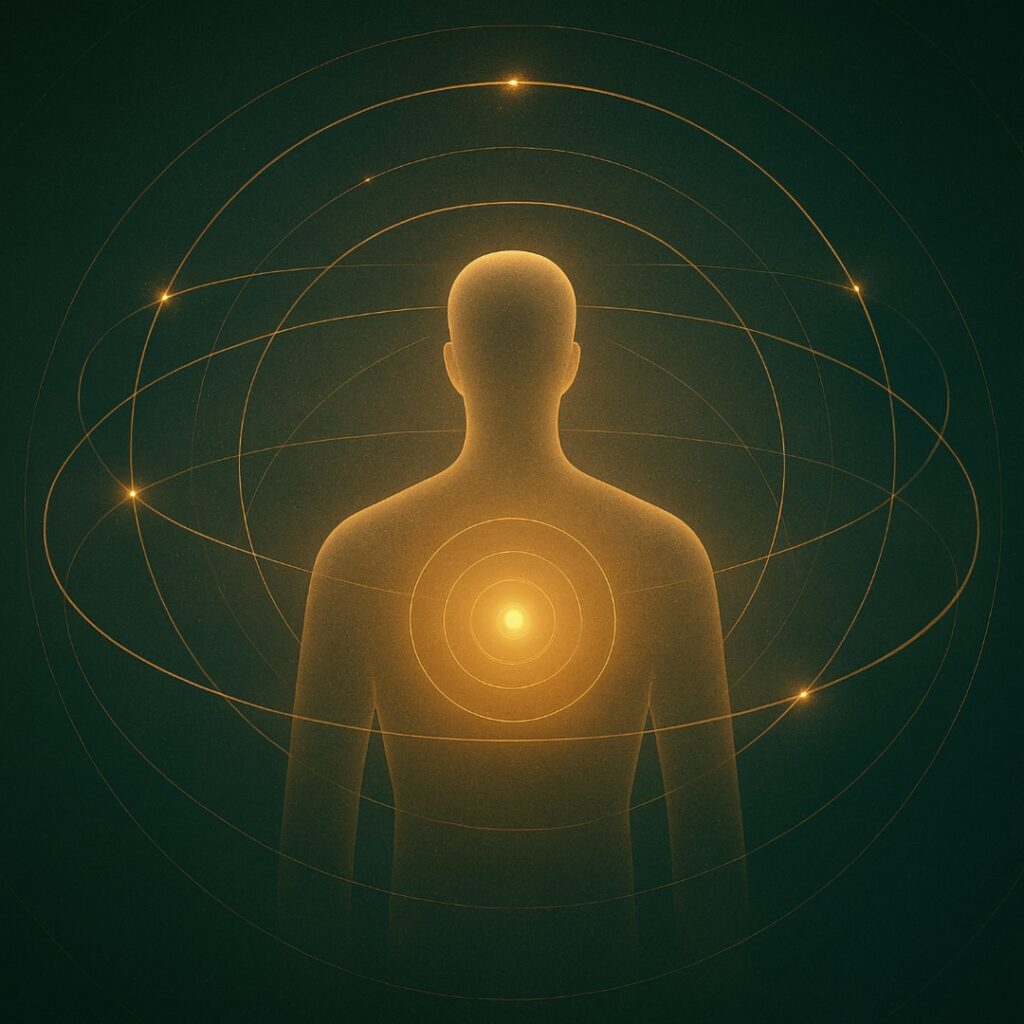There are 8 billion people on Earth.
And HUMAScoin has 8 billion tokens in total.
One for each human life.
Imagine that one HUMAScoin could represent everything a person might need for a full and dignified life: housing, food, education, medicine, transportation, rest, even time for thinking and creating.
Let’s try to count.
How much does a person actually need in life?
Data from various countries and studies suggest that the average human needs between $1 200 000 and $2 000 000 to live decently over an 80-year lifespan. This includes basic needs, access to education, healthcare, and cultural life.
That means:
1 life ≈ 1 HUMAScoin ≈ $1 600 000 (on average)
The figure is flexible. In some regions, the value would be lower, in others higher. But the principle remains: one life = one unit = one value.
Now imagine a world where every person automatically receives their 1 HUMAScoin — with fractional units unlocking through effort, growth, and contribution. As if saying:
“You exist — and that already has value.”
Then what?
As population numbers change, the token’s availability changes.
If someone leaves this world, their HUMAScoin may go back into circulation.
If someone gives more than they receive, they can earn more.
This model brings a dynamic but honest economy — not one based on speculation, but on participation.
A Thought Experiment?
Yes. But one that might one day become the basis for a new kind of budgeting.
Just imagine:
- Your home costs 0.04 HUMAScoin
- A semester of study: 0.00625 HUMAScoin
- A month of basic income: 0.000625 HUMAScoin
These aren’t real numbers — yet.
But what if we stopped pricing life in petroleum, paper, and gold, and started from what truly matters?
The Only True Resource Left
HUMAScoin rejects speculative tokens.
It’s not based on hype or artificial scarcity.
It’s based on the only resource that hasn’t been exhausted — the human being.
While others digitize illusions, we measure what’s real:
effort, time, creation, contribution.
Because when the old economy collapses — the only thing that will still matter…
is what people can do for each other.

